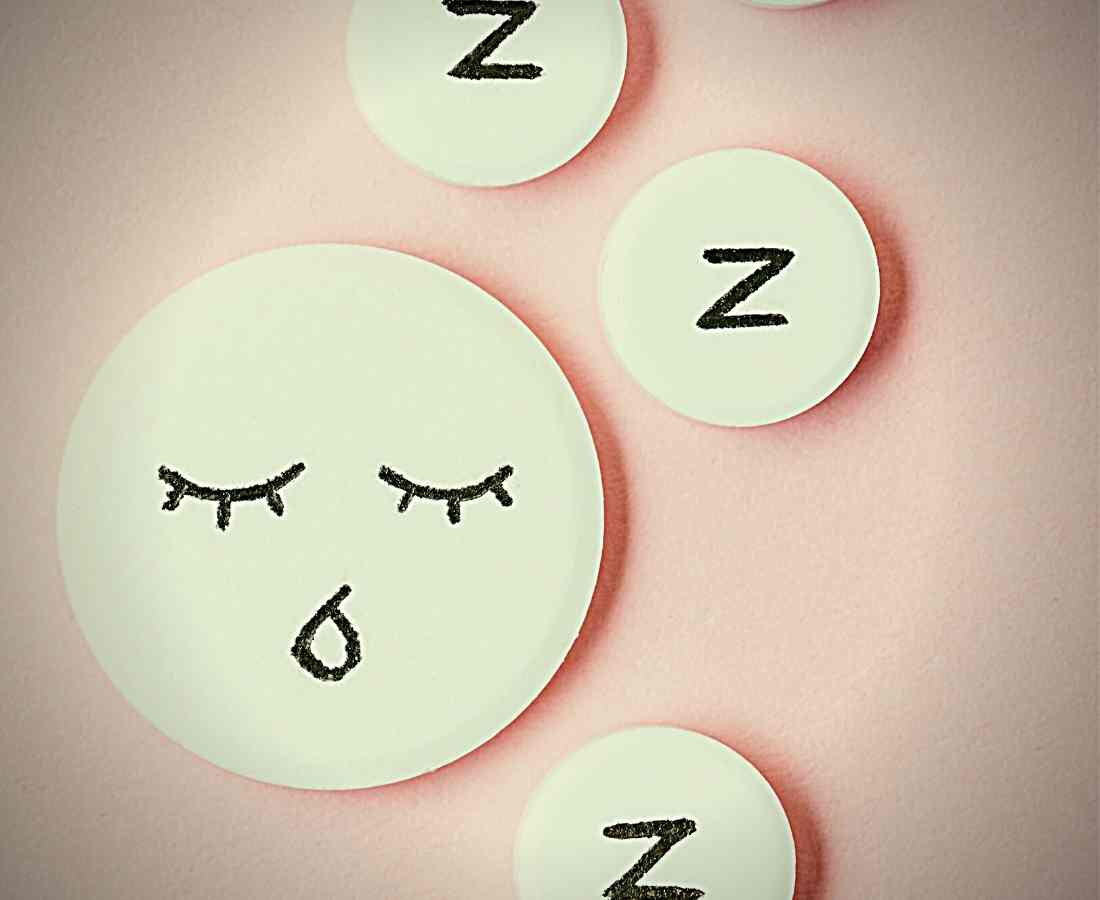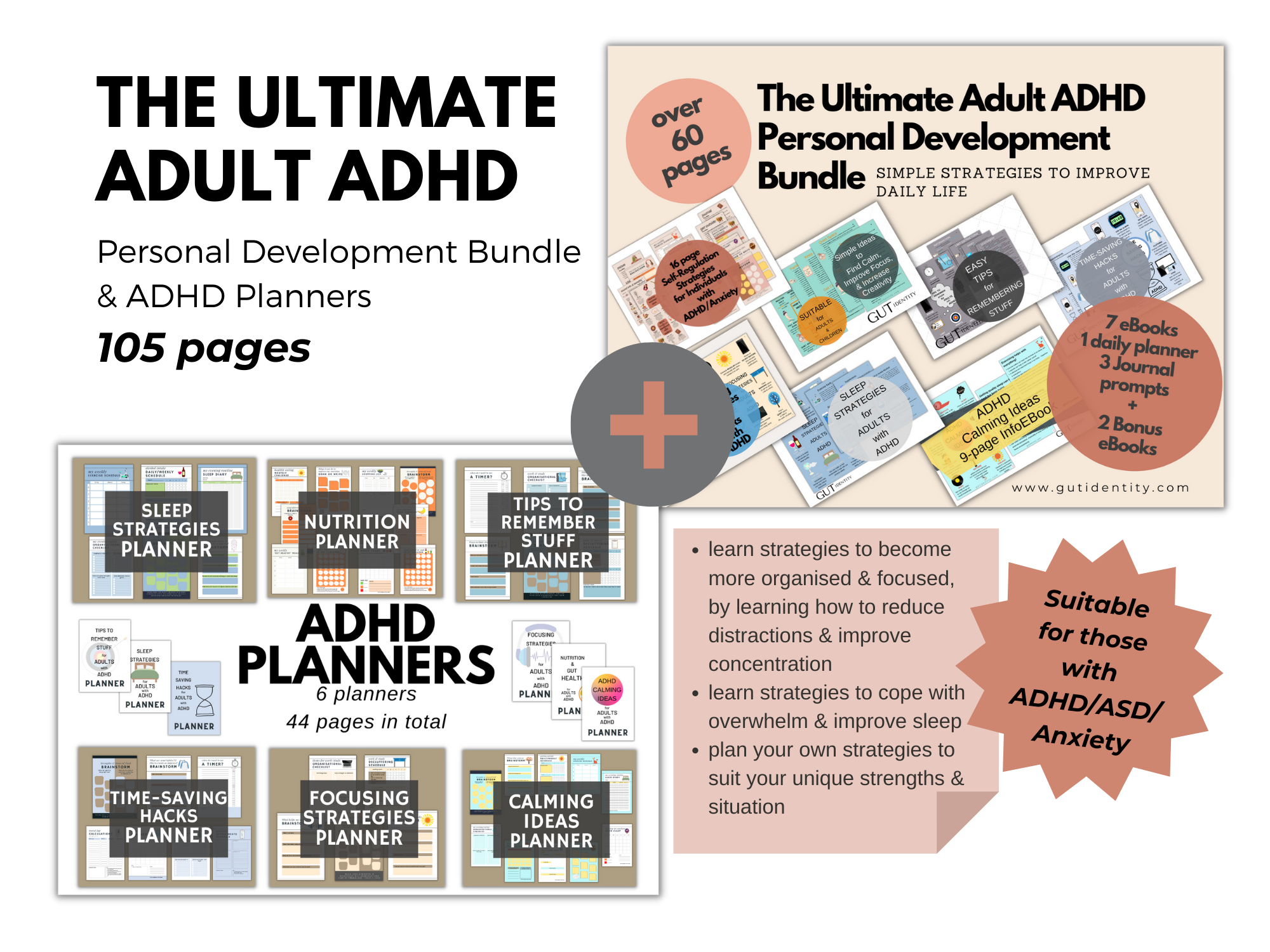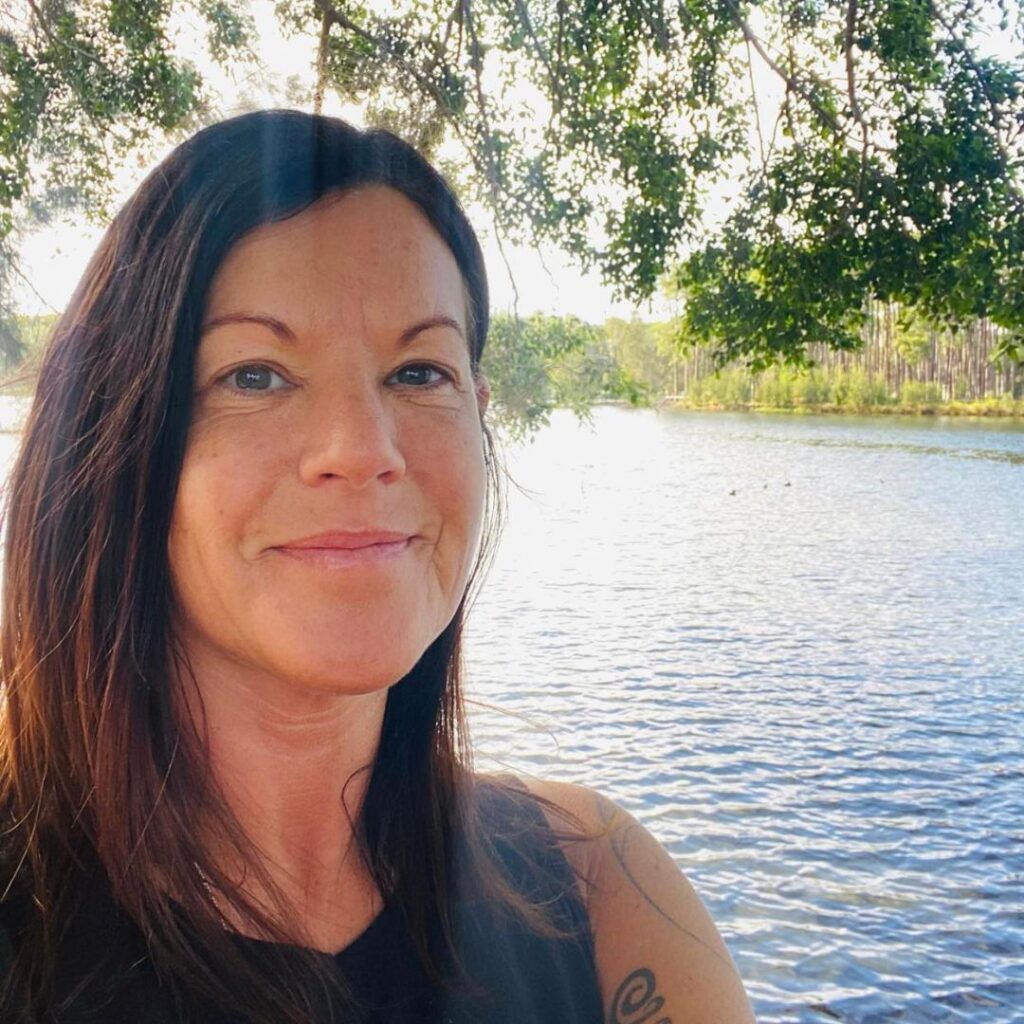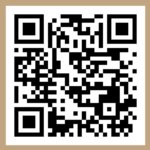Sleep strategies and adult ADHD is definitely a hot topic at the moment. Sleep, and quality sleep, seems to be what everyone is chasing because of its effect on health and well-being.
Without a good night’s rest, the following day can turn into a living nightmare that can affect memory, cognition, mood, motivation, and appetite.

One difficulty of ADHD in adults is that the severity seen in one adult’s symptoms, can’t be transferred to the next.
This does make the condition complex but there are some traits and commonalities that seem to be ‘classic’ to the group as a whole. Sleep problems appear to be one of them. Check out the ‘Further Reading’ section at the bottom, if you want to learn more.
That elusive thing we call sleep is something I’ve been chasing for as long as I can remember. I’ve tried almost every strategy imaginable and refuse to give up on the ‘dream’ of consistent sleep!
Read more about Adult ADHD sleep issues here.
my top Sleep strategies for adult adhd
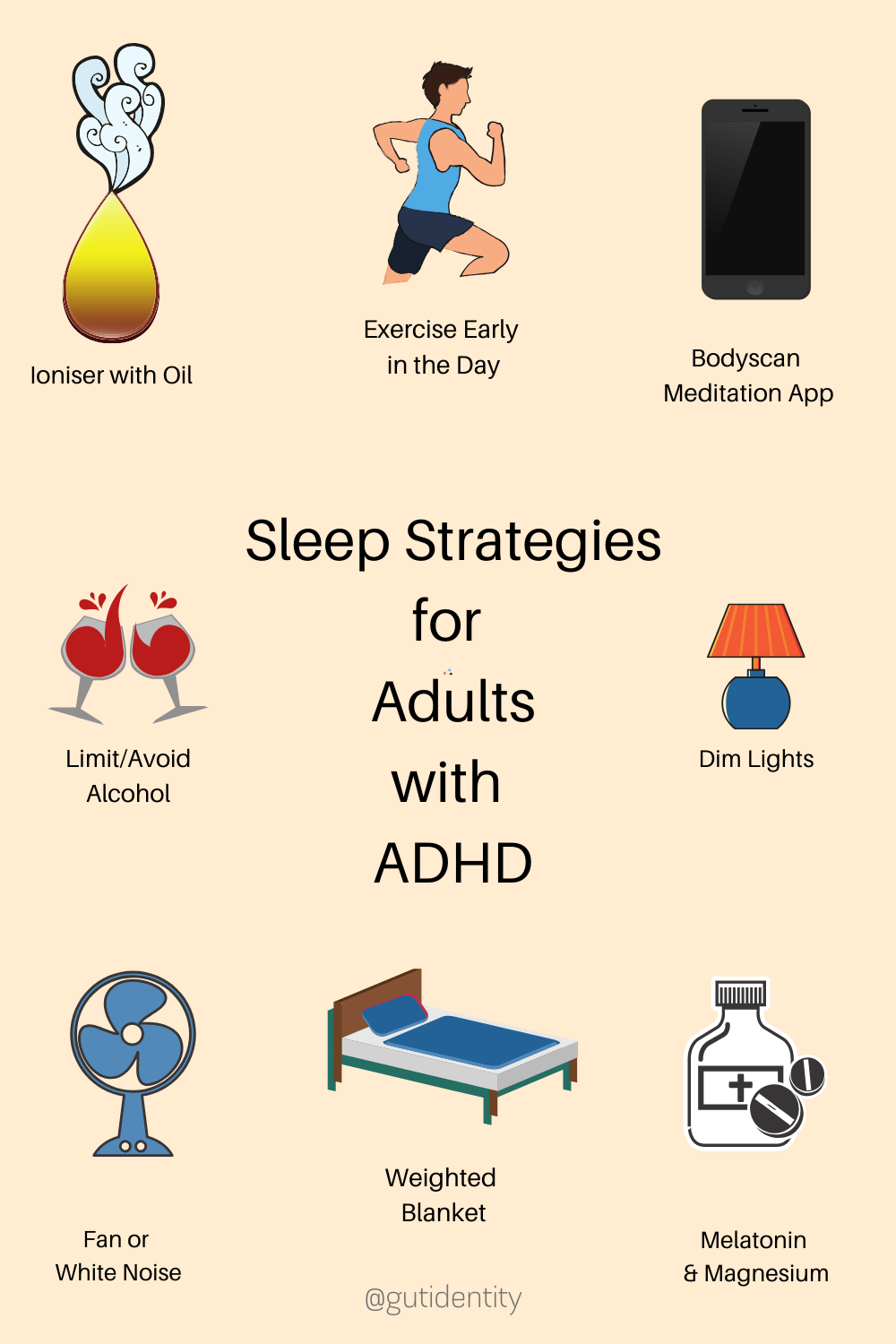
Below are some strategies for sleep for those out there with Adult ADHD. They are my top strategies and the ones I use on a regular basis. Have I solved the problem of sleep? No. But I’ll continue to work with that thing we call ‘sleep’ and do what’s best for me, in my situation.
1. Exercise early

If you’re like me, you find relief for your ‘overactive’ brain through exercise. Although this doesn’t always guarantee a great night’s sleep, it does help burn off some energy. It also makes me feel good, so it’s my top strategy as it has many benefits, other than just sleep.
My top form of exercise is walking especially in nature or near water. I’ll try to walk somewhere like a local park or beach. This way I can take my shoes off. If I can’t get to a park or beach, hitting the pavement, does the trick.
Hot yoga used to be a favourite but increased the ‘activity’ in my brain. As much as I loved it, a class late in the day or evening, made sleep worse. For that reason, exercising, no matter what type, works better for me if I do it earlier in the day.
2. Meditation

A lot of adults with ADHD find meditation hard. Yes. I’m one of those adults but I still try.
I find that a very structured body scan meditation works best for me. This is because it specifically tells me what part of the body to focus on. For a wandering mind, this is particularly good because it’s easy to slip back into the scan.
I use a body scan that doesn’t have an annoying ‘bong’ sound at the end for obvious reasons. Even my husband is used to drifting off to it now.
It can take a while to find the right one because it all depends on what tone of voice you like, the gender of the narrator, the length, or even if you just want sounds of nature or water.
5-Page eBook on How to Start Meditation for Adults and Children with ADHD – Available on ETSY
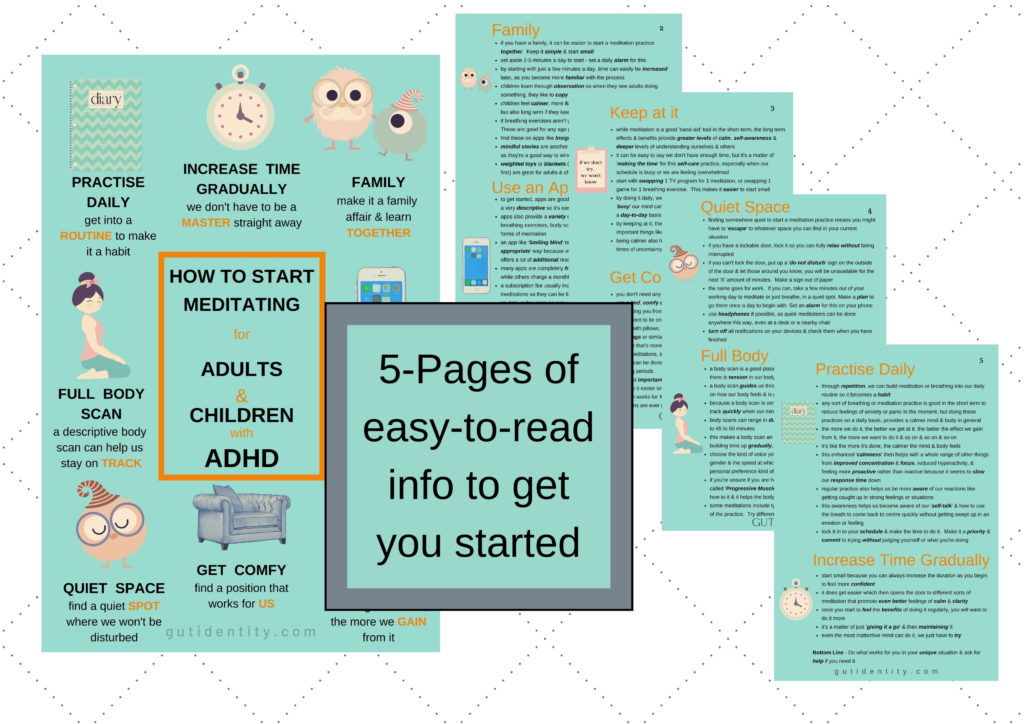
3. Dim lighting

If you’ve heard of a thing called melatonin, you’ll know that it’s a natural hormone produced in our bodies. Our body produces it naturally when that beautiful thing called the sun, starts to set.
If our eyes are exposed to screens and TV all day, and then right before bed, it can wreak havoc with our sleep cycle. I find using lamps and dim lighting in the bedroom and bathroom essential. It’s like hacking your brain so it doesn’t think it’s time to wake up. Instead, it signals to your brain that it’s time to wind down.
I try to stay away from my phone screen right before sleep but I still find this very difficult and have to be super disciplined. Trust me, you won’t find any judgment here on that!

4. Supplements and food

I try to use natural stuff whenever I can to aid sleep after developing Coeliac Disease. My gut health has taken centre stage so, if it’s natural, bring it on! I do take a melatonin and magnesium supplement each night.
I also eat foods high in magnesium like almonds and bananas. It’s not uncommon to see me nibbling on a banana and nuts late at night. Whatever works for you, just do it!
5. Sensory hacks
SOUND
I CANNOT sleep in a dead quiet room. The silence is deafening. That’s when the fan and body scan app come into play.
Now I know some people prefer white noise apps so again, do what works for you. I also don’t mind the aircon machine sound as long as it all goes on for as long as it takes me to fall asleep.
If the sound or noise stops shortly after I’ve drifted off to la-la land, I WILL wake up. This then stuffs up my sleep cycle which could leave me awake for the next sleep cycle of 1.5 hours.
Separate bedrooms and kicking your furry friends (pets, wink wink) out of the room can help with that although this is often easier said than done.
SOUND + SMELL
I use an ioniser every night to aid sleep. This is a plug-in device that pumps out steam. It’s great for essential oils like lavender but also eucalyptus if I have a cold or allergies.
My ioniser goes for 7 hours bubbling away which I find soothing and relaxing. Again, this could be adjusted to suit, or not used altogether if it makes you visit the porcelain throne too much. Do what works!
TOUCH

Again, this is highly individualised. I use a weighted blanket after years of being like the ‘princess and the pea’, but in reverse. My side of the bed used to look like an Eskimo was sleeping under it, while my husband keeps the same bed cover all year round.
I invested in a weighted blanket a couple of years back. I totally recommend them!
Buy a good quality one as it’s worth the investment. They are perfect for getting the weight without overheating.
6. Alcohol

Straight up! You won’t get judgement here. But, I do know how easy it is to slip into this little chestnut.
As great as alcohol is for calming the inner storm, I find it completely screws with my sleep.
Sure, I can fall asleep in a matter of seconds but I guarantee, I’ll be awake at 3 am needing the toilet. Can I get back to sleep after that? Usually, NO.
The quality of my sleep is also affected which impacts the next day. Another drawback of using alcohol for sleep is that it can affect appetite and food choices the following day.
Alcohol can also leave you dehydrated, clumsy, and… grumpy as *#%! the next day, making it super fun for those around you.
Do what works for you and your situation
This list is certainly NOT exhaustive. As said before, these are the strategies that work for ME. Everyone is unique and living situations vary greatly from person to person.
At the end of the day (excuse the pun), YOU have to work with what you’ve got!
This article is based on the author’s personal experience and is NOT a replacement for medical or psychological support or advice. If you require support or medical advice, please seek help from your GP, Family Doctor, or a registered professional in Psychology immediately.
Further Info
Adults with Attention Deficit Hyperactivity Disorder Report High Symptom Levels of Troubled Sleep, Restless Legs, and Cataplexy
articles/10.3389/fpsyg.2017.01621/full
2. Melatonin – HORMONE
ADHD Resources on Etsy
Click the link below to go straight to my Etsy store.

